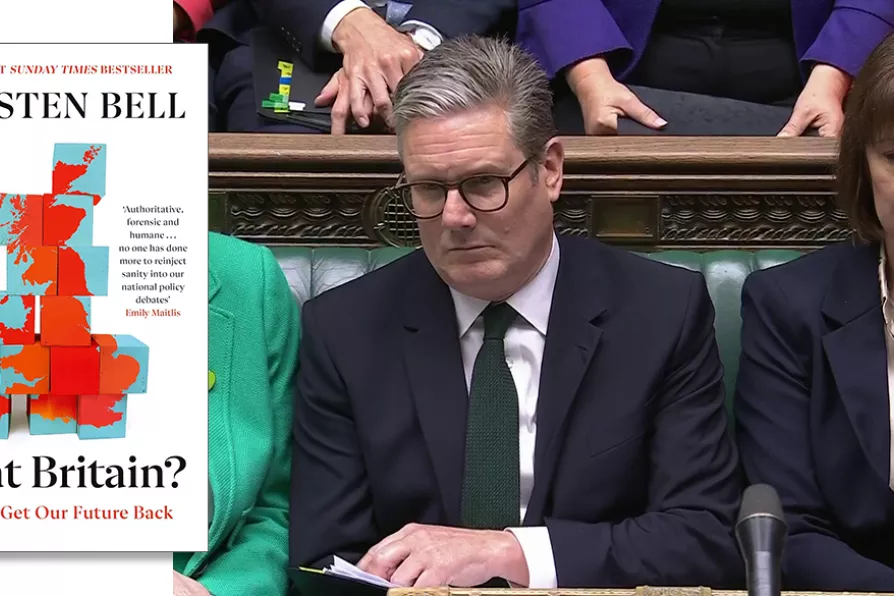STEPHANIE DENNISON and ALFREDO LUIZ DE OLIVEIRA SUPPIA explain the political context of The Secret Agent, a gripping thriller that reminds us why academic freedom needs protecting

 Prime Minister Sir Keir Starmer and Chancellor of the Exchequer Rachel Reeves during Prime Minister's Questions September 4, 2024.
Prime Minister Sir Keir Starmer and Chancellor of the Exchequer Rachel Reeves during Prime Minister's Questions September 4, 2024.
Great Britain? How we get our future back
Torsten Bell, Bodley Head, £20
TORSTEN BELL was from 2015 to 2024 the chief executive of the Resolution Foundation, an economic research charity. He is now the Labour MP for Swansea West. In this hugely informative book, he presents a plausible project of renewing Britain through public investment.
He notes that the most significant economic legacy of the 2007-08 crash, something not once discussed or anticipated in a single government meeting, was a monumental pay squeeze. We have now lived with flatlining wages for the past 15 years.
Ministers used to claim that if we looked at headline GDP growth — of the total goods and services we produced — we hadn’t done so badly, relative to other countries. This was true, but was simply because our population had increased faster than most, largely due to growing immigration. Net migration has been the main source of population growth since 1999. Growing our economy simply by having more people does nothing for what we need to focus on: raising our living standards.

If the government really wanted to address public finances, improve living standards and begin economic recovery, it would increase its borrowing for investment, argues MICHAEL BURKE

Under current policy, welfare cuts are just a small downpayment on future austerity, argues MICHAEL BURKE











